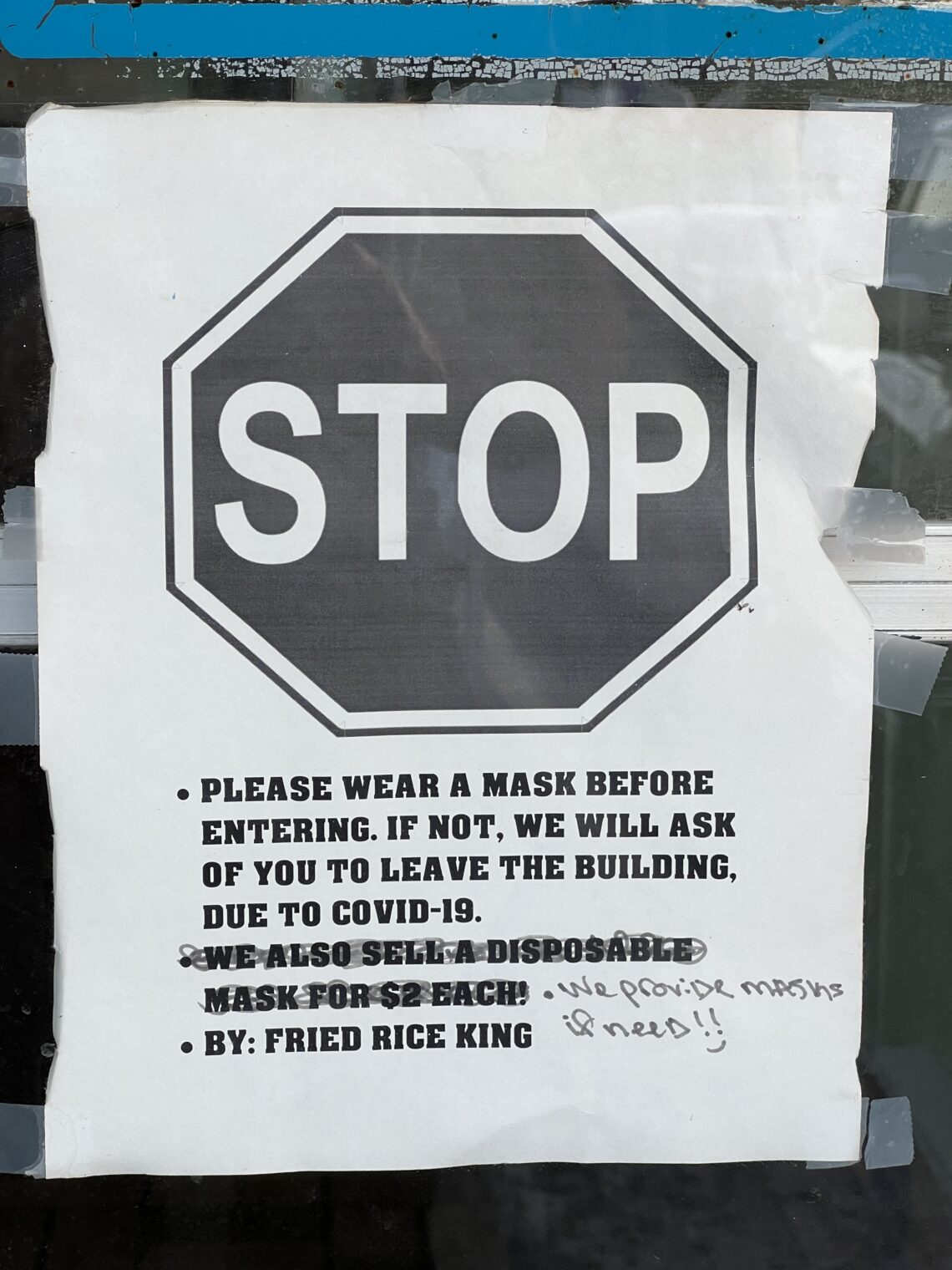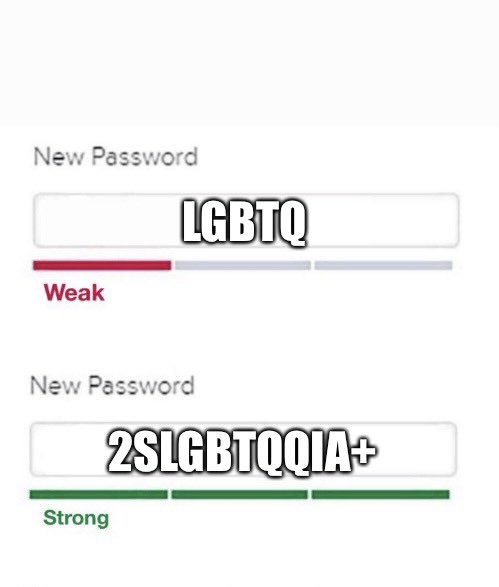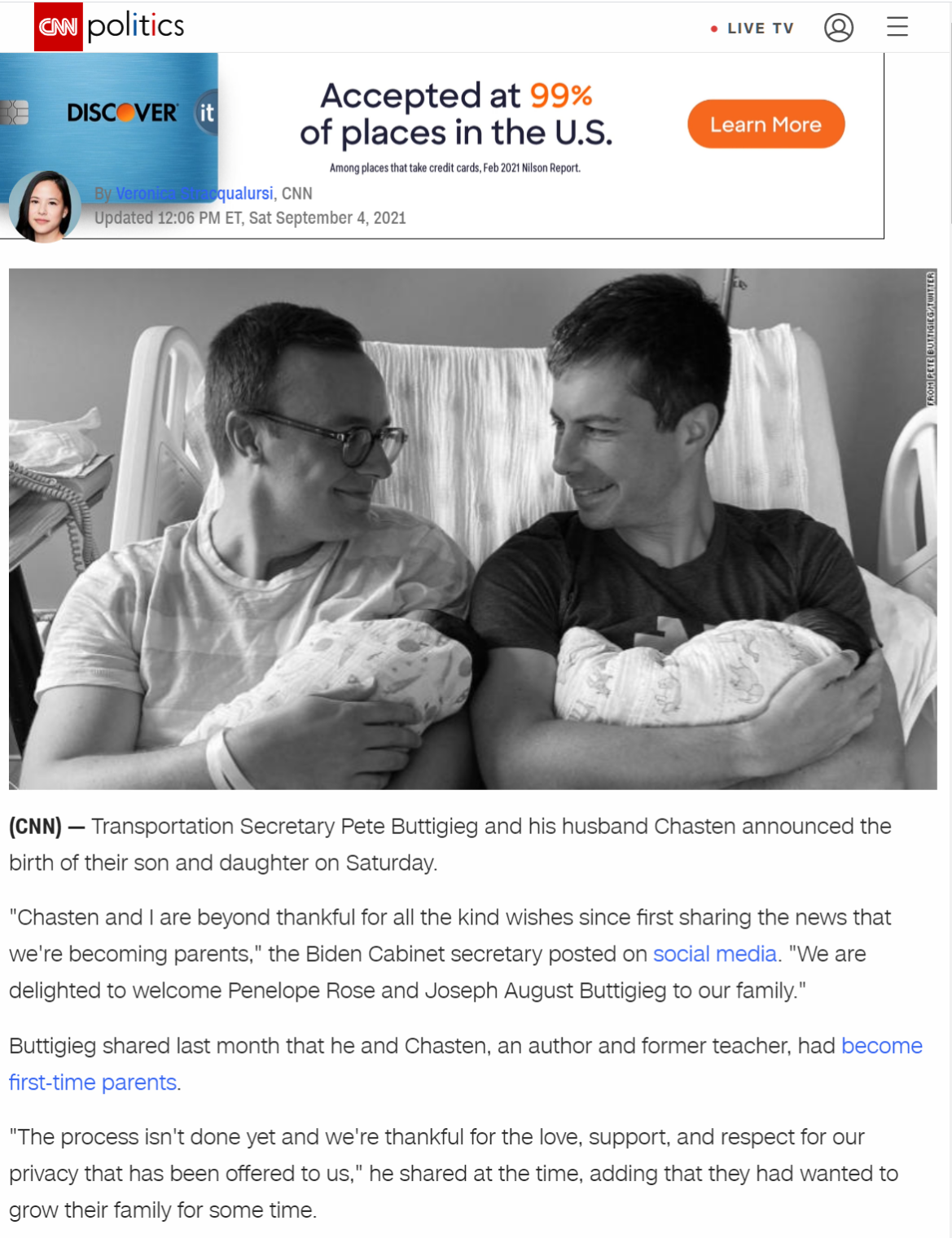We hid from the afternoon rain at Magic Kingdom’s Carousel of Progress, which covers technological progress fairly well:
Follow an American family over 4 generations of progress and watch technology transform their lives.
During each era, learn how the technological marvels of the day made life more comfortable—and paved the way for unimaginable innovations.
Discover how gas lamps, the hand-cranked washing machine and gramophone made the pre-electric era a breeze.
Watch the advent of electricity give rise to modern conveniences like the electric iron, the radio—and the simple, revolutionary light bulb.
See how the automatic dishwasher and television set transformed the American household.
Today’s high-tech marvels include virtual-reality games, high-definition televisions and voice-activated household appliances. Imagine the wonders the next hundred years may bring!
The period covered by the carousel seems to be roughly 1900 (gas lamps, Wright Brothers experimenting but not yet succeeding) through 2013 (Amazon Alexa plus consumer-priced VR goggles).
The attraction doesn’t cover the changes in American society over this period, however. The narrator is a white cisgender married heterosexual male in every scene, for example. None of the children in the nuclear family identify as LGBTQIA+ in any year. No migrants arrive. Nobody has sex with a politician’s son in order to pocket $2.5 million in child support. What about a companion Carousel of Social Progress ride?
Readers: What would you include to show the changes in American society that aren’t technological?
Here are some ideas for a progression…
Start with a family of Native Americans: dad, one wife (not a “squaw“), and two kids. They talk about how they have so much land and so many resources they are hunting and gathering only a couple of hours per day. Once every 6 months, dad smokes some tobacco as part of a religious or diplomatic ceremony. Illustrate with this stained glass from downtown Key West, in which a non-binary “Calusa Indian” parent tells his/her/zir/their non-binary child about the rainbow of LGBTQIA+ possibilities that the white invasion and occupation will bring:
The above family is shoved aside by some white “settlers”, who guzzle corn liquor from a barrel and chain smoke. They talk about setting up a casino.
Californians in 1969 smoke marijuana and talk about how the new no-fault divorce law (“unilateral divorce”) means they can “do their own thing”.
Lunden Roberts talks about how she made good money at a fully legal strip club, but that having sex with Hunter Biden yielded $2.5 million in tax-free child support (pats animatronic Navy Joan on head and $100 bills come out from under the child’s cap).
In the last scene, we find an Afghan migrant family eating goat head soup around the breakfast table in a luxurious apartment building. The father says how happy he is that the town forced the developer to give up 12 percent of the units for public housing so that unemployed migrants like himself could live there. The wife announces that she is suing him for divorce so that she can live in the beautiful apartment with her girlfriend and that he has 48 hours to vacate. The teenage daughter says that seems like a good time to inform the parents about zir transgender identity and says that ze’s going out to pick up some medical marijuana to help treat side-effects of hormone therapy. The younger child says that he hopes to one day open a recreational marijuana dispensary that also sells state lottery tickets.
Exit through the gift shop exclusively stocked with Pride products from the Rainbow Disney Collection, e.g., this Mickey Mouse Intersectional Flag pin:
(not to be confused with the Mickey Transgender Flag pin, the Mickey Lesbian Flag pin, or the Mickey Bisexual Flag pin)
Full post, including comments 












